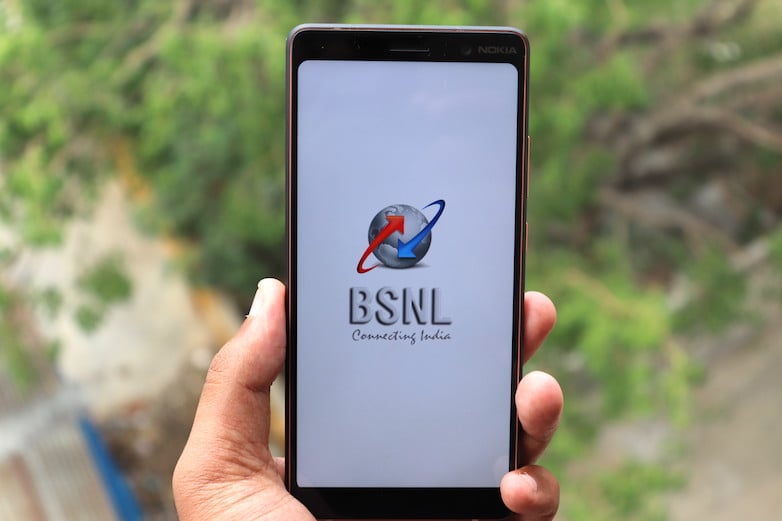State-owned telecom Bharat Sanchar Nigam Ltd (BSNL) has been seeking 5 MHz allotment in the 2100 MHz band to roll out the 4th generation or 4G services in India, and now the company is expected to get the required spectrum soon. Telecom Commission, the Indian government's highest decision-making body of the telecom sector, will reportedly give in-principle approval to BSNL’s proposal for allowing 4G airwaves in its next meeting. “By next month, 5 MHz in the 2100 MHz band will come across 21 licensed service areas except for Rajasthan where we aim to launch 4G services on the 800 MHz band radio waves,” BSNL chairman Anupam Shrivastava told ETTelecom.

The state telco already has 5MHz spectrum in the 2100 MHz band that it uses to offer third-generation (3G) technology-based services. Addition of 5MHz spectrum in the same band will help the company in utilising the unused spectrum towards offering 2G, 3G and 4G services concurrently according to the BSNL’s top official.
In January, telecom Minister Manoj Sinha had informed the Lok Sabha that BSNL’s proposal for allocation of 5 MHz in the 2100 MHz slot for expansion of 4G/LTE service was under examination.
Later in February BSNL rolled out 4G services in a southern state Kerala’s Idukki district on the 2100 MHz band spectrum. In March, Sinha installed the BSNL’s first 4G tower in Shivamogga city of Karnataka. He announced plans for installing additional 534 4G towers in the state. BSNL also has come up with a plan to upgrade its 110 million consumers with 4G SIM cards of USIM priced at Rs 20.
However, the company had initially in September 2016 sought coveted airwaves in 700 MHz band from Department of Telecommunications (DoT) to roll out high-speed 4G services. This is not possible in the current scenario according to the telco’s top official.
“Right now, the reserve price of spectrum in the 700 MHz band is not firmed up, although our demand is already there,” BSNL top official told ET.
Shrivastav, however, says the radio waves in the efficient 700 MHz band are best for rural telephony where mobile penetration is comparatively lower than urban areas. Spectrum in this band is considered most suitable for high-speed data services with greater network coverage as it requires low capital spend for telecom operators on infrastructure deployment.
BSNL’s full-fledged foray into 4G services will certainly disrupt the already crowded market as the telco plans to offer affordable tariffs to woo consumers in tier-II and tier-III locations.















